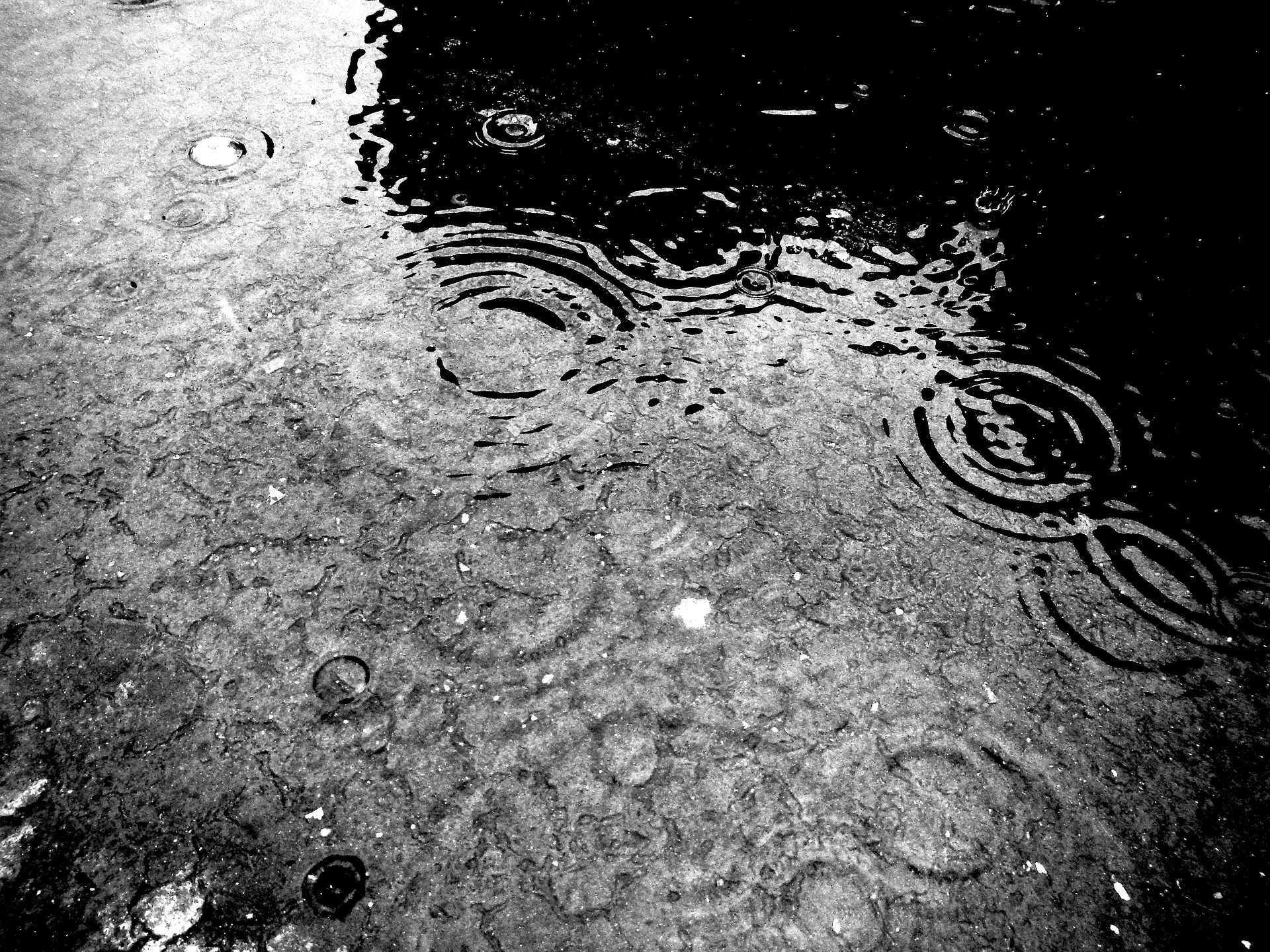Japan has a treasure chest of 迷信 (めいしん = superstitions). Some are scary, some are funny, and many were simply clever ways for parents to teach children good habits.
Today, let’s look at 5 superstitions Japanese children grow up hearing, along with real expressions you can use in your conversations.
1. If you step on an ant, it will rain.
蟻を踏むと雨が降る (ありを ふむと あめが ふる)
This playful superstition likely encouraged children not to harm small creatures. The idea is that even minor actions can “influence the weather,” suggesting that the tiniest wrongs we commit might come back to affect us—a sort of karmic butterfly effect.
👉 Try saying:
「蟻を踏むと雨が降るって、面白い迷信ですね。」“That superstition about stepping on ants and making it rain is interesting.”
💡”〜って” is a casual, conversational way of saying “〜というのは,” which is used to introduce a topic.
2. If you whistle at night, snakes will come.
夜に口笛を吹くと蛇が出る (よるに くちぶえを ふくと へびが でる)
Long ago, whistling at night was thought to attract thieves or bad luck. Parents told kids this to keep them quiet after dark.
👉 Try saying:
「夜に口笛を吹くと蛇が出るって、聞いたことありますか?」= “Have you heard that if you whistle at night, snakes will come out?”
💡 “〜と” is one way to express a condition. It often indicates a cause-and-effect relationship.
3. Sleeping with your head to the north brings bad luck.
北枕は縁起が悪い (きたまくらは えんぎが わるい)
At Buddhist-style Japanese funerals, the deceased is laid with their head pointing north, which is why people generally avoid sleeping in that direction in daily life.
👉 Try saying:
「北枕は縁起が悪いから避けたいですね。」= “Since sleeping with your head facing north is considered unlucky, I prefer to avoid it.”
💡”〜から” is used to state a reason, and it’s one of the most common ways to give an explanation in everyday Japanese.
4. If you hiccup 100 times, you’ll die.
しゃっくりが100回出たら死ぬ (しゃっくりが ひゃっかい でたら しぬ)
It sounds dramatic, but this superstition was probably a way to make hiccups seem serious (and maybe distract you enough for them to stop). Or, perhaps it’s just a roundabout way of saying that hiccups don’t usually last as long as a hundred times.
👉 Try saying:
「しゃっくりが100回出たら死ぬなんて信じられない!」= “I can’t believe that people say if you hiccup 100 times, you’ll die!”
💡The phrase “〜なんて信じられない” conveys astonishment and the feeling that something is unbelievable.
5. If you eat 赤飯 as 茶漬け, it will rain on your wedding day.
赤飯を茶漬けにすると結婚式の日に雨が降る (せきはんを ちゃづけにすると けっこんしきの ひに あめが ふる)
赤飯 (せきはん = red rice) is a celebratory food. Making it into 茶漬け (ちゃづけ = rice with tea poured over it) is seen as “ruining” something lucky, so people say it brings rain on such an important day.
👉 Try saying:
「お赤飯をお茶漬けにすると結婚式の日が雨になるって本当ですか?」= “Is it true that if you eat red bean rice as chazuke, it will rain on your wedding day?”
💡A very common expression for asking if something is true. Casually, you can say “〜ってほんと?”
Conversation Practice
These phrases are perfect for cultural small talk:
- 「あなたの国にも似たような迷信はありますか?」= “Do you have similar superstitions in your country?”
- 「何となく迷信を信じて避けていることはありますか?」= “Is there anything you avoid, perhaps without thinking, because you believe in a superstition?”
To Wrap Up…
Japanese superstitions reflect family traditions, everyday life, and age-old wisdom. Learning about them helps you build a deeper cultural connection—plus they make for a few fun stories to share in Japanese.
So tonight, maybe don’t whistle… just in case a snake appears 🐍😉




コメント